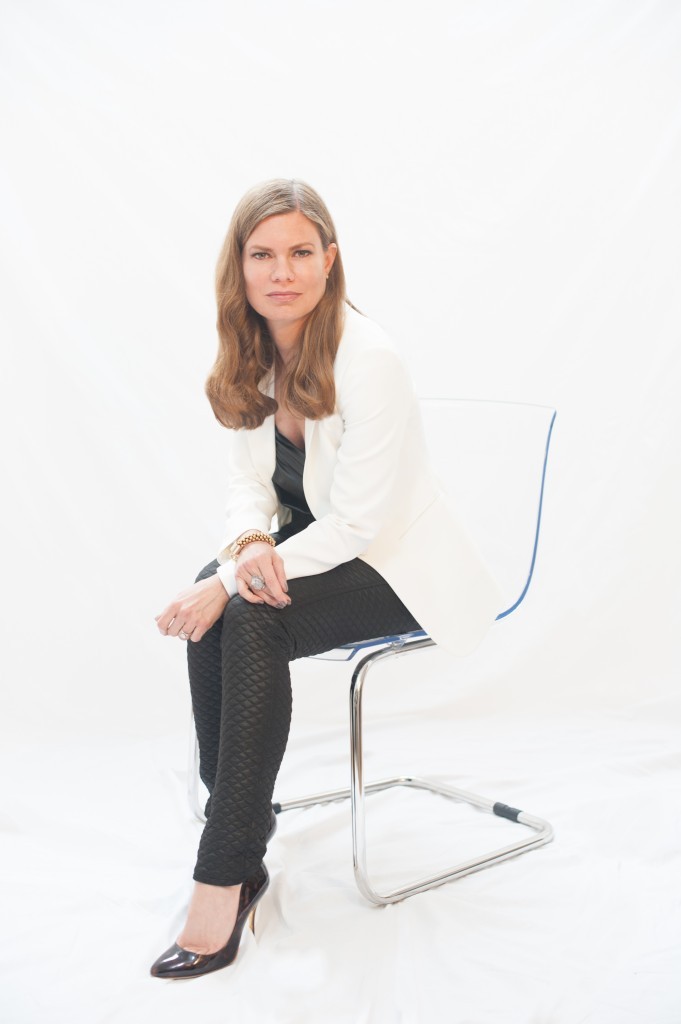13 Apr How Charity Work Can Help Build Your Profile
How Charity Work is a Great Reputation Builder
Personal branding consultant and psychologist Dr Lisa Orban of Golden Notebook spent the last few months of 2015 interviewing people from all walks of life on the ways they volunteered their time for charity. All of them, without hesitation, claimed it was a win win situation, with them benefiting from the experience as much as the charity or cause itself.
On a personal level these takeaways included personal satisfaction and new friends, but professionally charity work was seen as an effective way to build a personal brand, get noticed and make new connections. Celebrities have long known the power of stepping up when it comes to enhancing their reputation and Lisa regularly cites examples like Stephen Fry and Angelina Jolie who often hit the spotlight with their charity work.
“professionally, charity work was seen as an effective way to build a personal brand”
“If the charities can benefit, why not us too?” says Lisa,” after all, if we are getting some personal and professional satisfaction out of our volunteering, we are more likely to stay longer and bring more passion to our role with the charity.”
The range of rewards that volunteers described was far reaching:
- Being happy to be there for a mentee and get to know her and her family
- Experience working on an international stage
- Travel
- “It shed light on how great my own life is”
- The satisfaction of seeing children play and be part of an active football club
- Expanded professional area of expertise and raised profile
- “Increasing technological knowledge and keeping on top of my game”
- Interacting with senior people
- Watching animals that have had a hard time walk into a brighter, love filled future
- Seeing a radical transformation in other people’s lives and knowing that you had a part in it
- Met new people in a new area
- Gained public speaking skills
…and the list goes on. Many volunteers emphasised taking time to get the right fit and chose a charity that suits your needs. Their top five pieces of advice were:
- Choose a charity you have empathy or passion for
Chef Hulya Erdal of www.madebythechef.com works with the homeless, deprived families and people recovering from addictions by helping them prepare hearty and healthy meals on a budget. She finds her personal experience directs her passion “I’ve grown up in a deprived area of London, I’m working class and have experienced some of what these people have gone through (domestic violence for instance). I can empathise with them and relate to some of their difficulties.”
A love for dogs led Adam Baxter to both set up his own company, Running with Dogs and help at the Dogs Trust. “I have always loved dogs. I’ve grown up with them and had a family dog since being 4 years old…I have always been interested in helping them whenever I can.”
- Do a little research
Charities have to adhere to strict guidelines and it’s worth just researching, as much as you are able, to make sure the charity of your choice is above board. Lawyer Peter King is the legal adviser for a number of charities of varying sizes. He suggest that “It’s certainly worth doing some due diligence on the charities with which you are involved first.”
Chef Simon Boyle, the vision behind the Beyond Food Foundation and Brigade Bar & Bistro, agrees research is important: “Think about what you want to get out of it as much as what you want to put in. There’s no need to rush in all guns blazing. Think about initially just having a coffee or face to face meeting to see if there are gaps that you can fill.”
- Take it seriously
Many of our volunteers made the point that many charities don’t have the time and resources to train or retrain you. They want and need people who can hit the ground running. Michael Linnington of the iconic V & A says “My main piece of advice is to take it seriously and treat it as you would employment. Charitable organisations, especially in the current climate, function as businesses do and are under immense pressure to perform; it can be condescending to think of charities otherwise.”
Annie Brooks, director of www.sistersnog.com also reiterates this message: “Treat it seriously, just like paid work. You must be reliable because as a volunteer you have a responsibility to the organisation you are working for.”
- Collaborate
Annabel Kaye of http://irenicon.co.uk/ shares her professional knowledge on disability rights with sufferers of endometriosis. Her advice is get used to the idea of teamwork: “I am big picture and it suits me to work with detail people to get things happening. The best results are a team job so become a team player. It will take about twice as long as you imagined – but it will be worth it – not just the fund raising but the people who work alongside you make it worthwhile.”
- Do as much as you can
A resounding theme is that little donations, whether it’s cash or time, do add up. The Rev Ingrid Scott who runs her own charitable Trust, http://cbdct.org/map.php, makes the point that “Anything, however small, is needed. You may think giving £5 is hardly worth the bother but £5 can feed 50 children a bowl of rice for a day. Presentation and public speaker Susan Heaton Wright of www.executivevoice.co.uk echoes that with “Even an hour a week could make a huge difference to someone else, and the rewards for you could be immense. Go for it: volunteer and step up!”
You can read all the stories now over at http://www.goldennotebook.co.uk/news/step-it-up-campaign-launch/
Bringing together her extensive training, experience and passion in both psychology and branding, Lisa Orban founded Golden Notebook. A clinical psychologist, Lisa trained and practised in New York City for eleven years before relocating to London. Lisa helps clients make a name for themselves by discovering their distinct and authentic personal brand — one that consistently represents who you are, and reflects both inner and outer confidence. She takes a unique approach to personal branding that combines psychological assessment and theory with branding strategies to create for powerful and enduring individual change and personal impact.
—







No Comments